HVAC Companies Towcester
Top 10 Air Conditioning Services in Towcester
Get 3 FREE Heating and Cooling Services quotes for your project today! Compare profiles, reviews, accreditations, portfolio, etc... and choose the best service.

Pro-Active Heating & Plumbing Ltd Keith Barrow
4.876 reviews18 Chippenham Close, Wellingborough, NN8 2PX, GBKeith Barrow is a local, family-run business providing expert heating and plumbing services to homes and businesses across Northamptonshire. With years of experience and a proven track record, we offer a range of services including boiler installations, replacements, repairs, and servicing, as well as central heating installations, underfloor heating, and more. Our team of fully qualified and accredited engineers are committed to providing excellent service with a personal touch, ensuring that our customers receive the best possible solution for their heating and plumbing needs.
- Services
- Why Us?
- Accreditations
- Our Team
- Testimonials
- Gallery
Get Quote
Bee Cool ACS Ltd
4.6286 reviewsKettering, Northamptonshire, Unit 1, Kettering Business Park, NN16 8XN, GBBee Cool ACS is the UK's largest A/C specialist, offering a range of services including air conditioning servicing, diagnostics, and repairs. With over 20 years of experience, our team is fully trained, licensed, and insured to work on all aspects of vehicle A/C systems. We offer a 'While You Wait' service at our workshop in Kettering, Northamptonshire, and cover Northampton, Wellingborough, Kettering, Corby, and surrounding areas. We accept all major credit/debit cards and offer a 2-year parts warranty on all parts supplied. Our mission is to provide a high-quality service to our customers, ensuring their vehicles are kept cool and running smoothly.
- Services
- Why Us?
- Accreditations
- Our Team
- Testimonials
- Gallery
Get Quote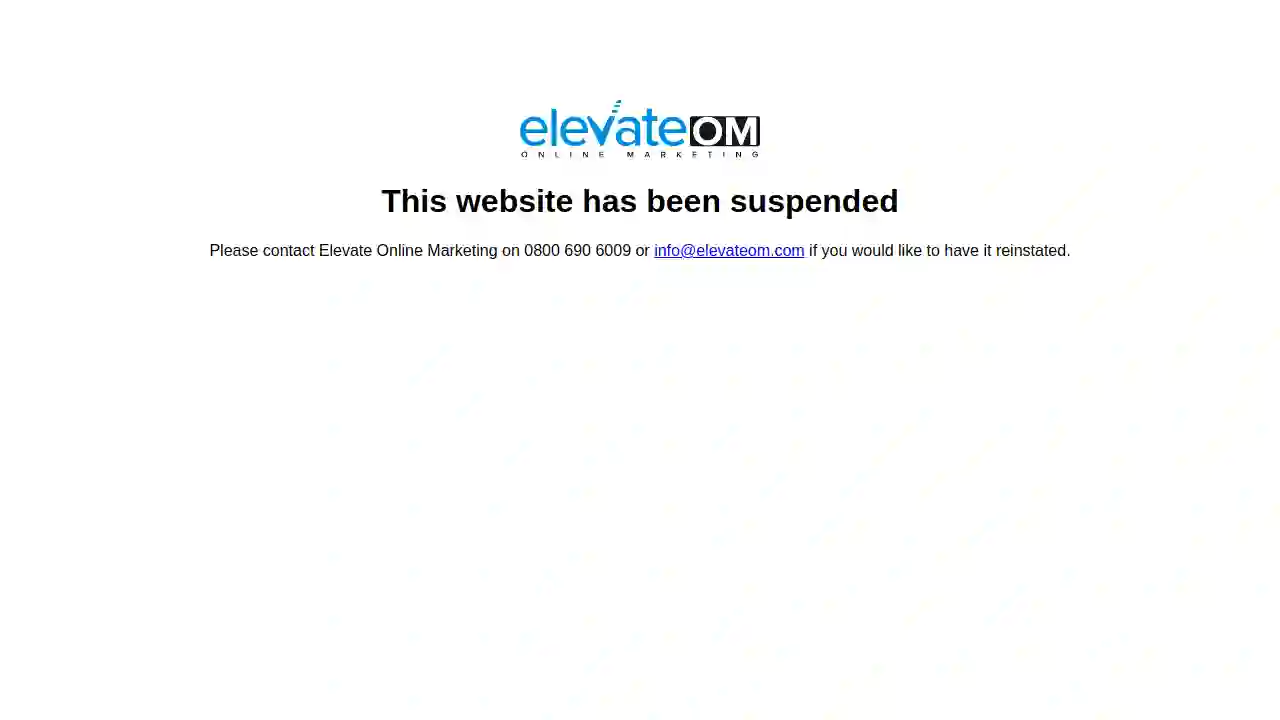
IVE SOLUTIONS LTD
564 reviewsKettering, GB- Services
- Why Us?
- Gallery
Get Quote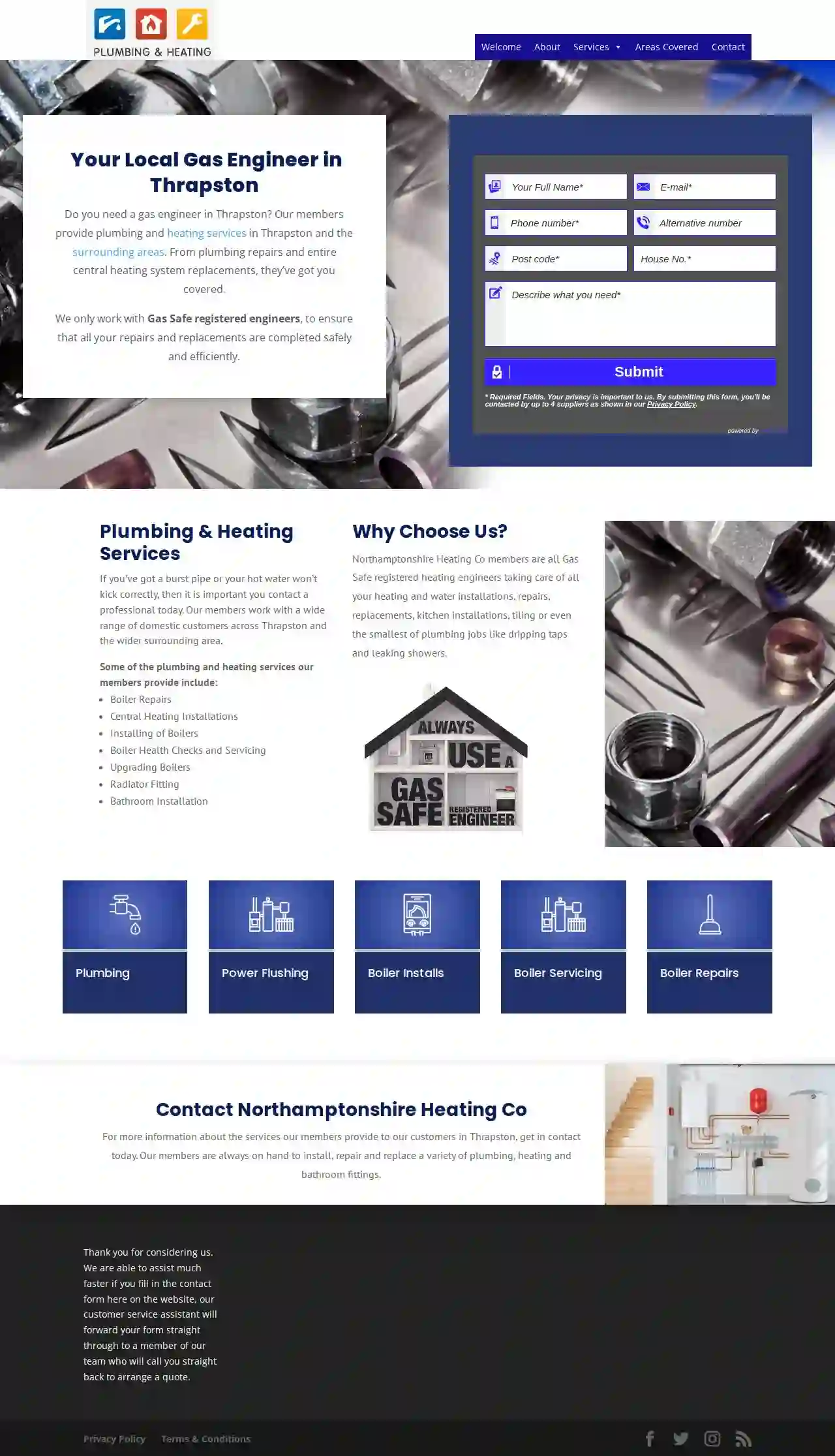
Heating Northampton
Unit 1, 10-12, The Business Centre, Northampton, NN1 1AA, GBNorthamptonshire Heating Co is a network of Gas Safe registered heating engineers serving Northamptonshire and the surrounding areas. They offer a comprehensive range of plumbing and heating services, from small repairs like dripping taps to large installations like central heating systems. Their team of experienced engineers is dedicated to providing safe, efficient, and reliable service to domestic customers. Whether you need a boiler repair, a new boiler installation, or regular servicing, Northamptonshire Heating Co can help.
- Services
- Why Us?
- Gallery
Get Quote
The Perimeter Heating Company Ltd
53 reviews31 Alvis Way, Royal Oak, Daventry, NN11 8PG, GBThe Perimeter Heating Company is a nationwide expert in building heating and ventilation solutions. Founded by Shane Ord, a former senior design engineer with extensive experience in the industry, the company is dedicated to providing tailored HVAC systems that seamlessly integrate with the client, architect, consultant, and building. Shane's background encompasses illustration, information graphics, visual communication, technical drawing, fabrication, and computer-aided design. This diverse skillset allows The Perimeter Heating Company to offer a unique blend of technical expertise and aesthetic design proficiency. The company's bespoke business model ensures that the engineer designing the system is also involved in every stage, from selection and quotation to product and layout design, delivery, and after-sales advice. The Perimeter Heating Company is committed to delivering high-quality products and exceptional customer service, with a focus on innovation and continuous improvement.
- Services
- Why Us?
- Our Team
- Gallery
Get Quote
RJ Plumbing & Heating LTD
53 reviewsRothwell Industrial Estate, Rothwell, Unit 1, NN14 1AA, GBRJ Plumbing & Heating LTD are specialists in Bosch & Worcester Installations. We offer a range of plumbing, heating and gas services for domestic properties, including boiler installations, maintenance, landlord certificates and an emergency call out service. We are Gas Safe registered engineers covering Leicestershire, Northamptonshire and surrounding areas. We are fully insured with our public liability covering up to £2million. Get your free quotation and advice now from RJ Plumbing & Heating.
- Services
- Why Us?
- Accreditations
- Our Team
- Testimonials
- Gallery
Get Quote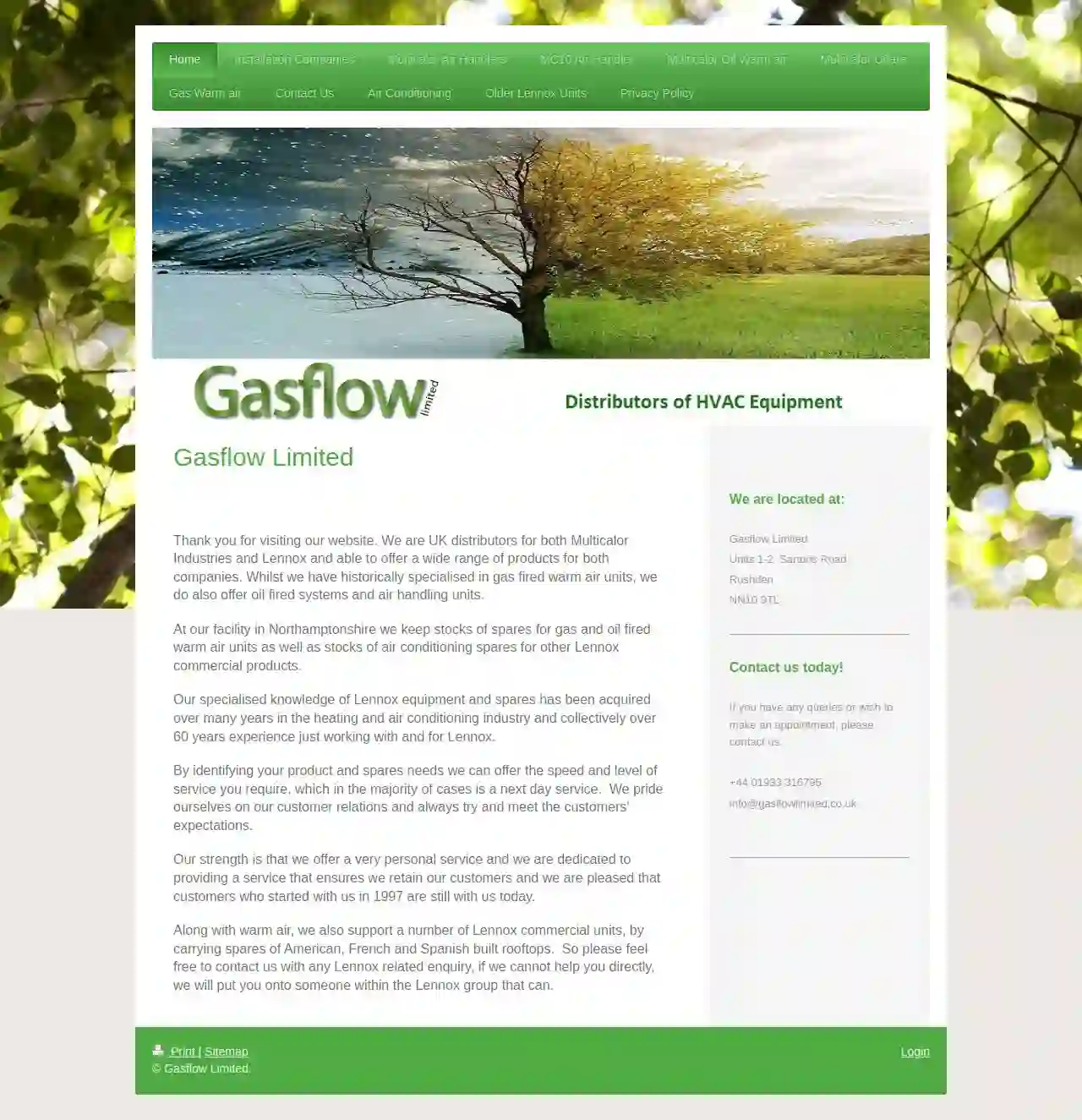
Gasflow Ltd
41 reviewsUnits 1-2 Sartoris Road, Rushden, NN10 9TL, GBThank you for visiting our website. We are UK distributors for both Multicalor Industries and Lennox and able to offer a wide of products for both companies. Whilst we have historically specialised in gas fired warm air units, we do also offer oil fired systems and air handling units. At our facility in Northamptonshire we keep stocks of spares for gas and oil fired warm air units as well as stocks of air conditioning spares for other Lennox commercial products. Our specialised knowledge of Lennox equipment and spares has been acquired over many years in the heating and air conditioning industry and collectively over 60 years experience just working with and for Lennox. By identifying your product and spares needs we can offer the speed and level of service you require, which in the majority of cases is a next day service. We pride ourselves on our customer relations and always try and meet the customers' expectations. Our strength is that we offer a very personal service and we are dedicated to providing a service that ensures we retain our customers and we are pleased that customers who started with us in 1997 are still with us today. Along with warm air, we also support a number of Lennox commercial units, by carrying spares of American, French and Spanish built rooftops. So please feel free to contact us with any Lennox related enquiry, if we cannot help you directly, we will put you onto someone within the Lennox group that can. We are located at: Gasflow Limited Units 1-2 Sartoris Road Rushden NN10 9TL Contact us today! If you have any queries or wish to make an appointment, please contact us: +44 01933 316795+44 01933 316795 [email protected] Print | Sitemap © Gasflow Limited. Login Web ViewMobile View Logout | Edit page
- Services
- Why Us?
- Gallery
Get Quote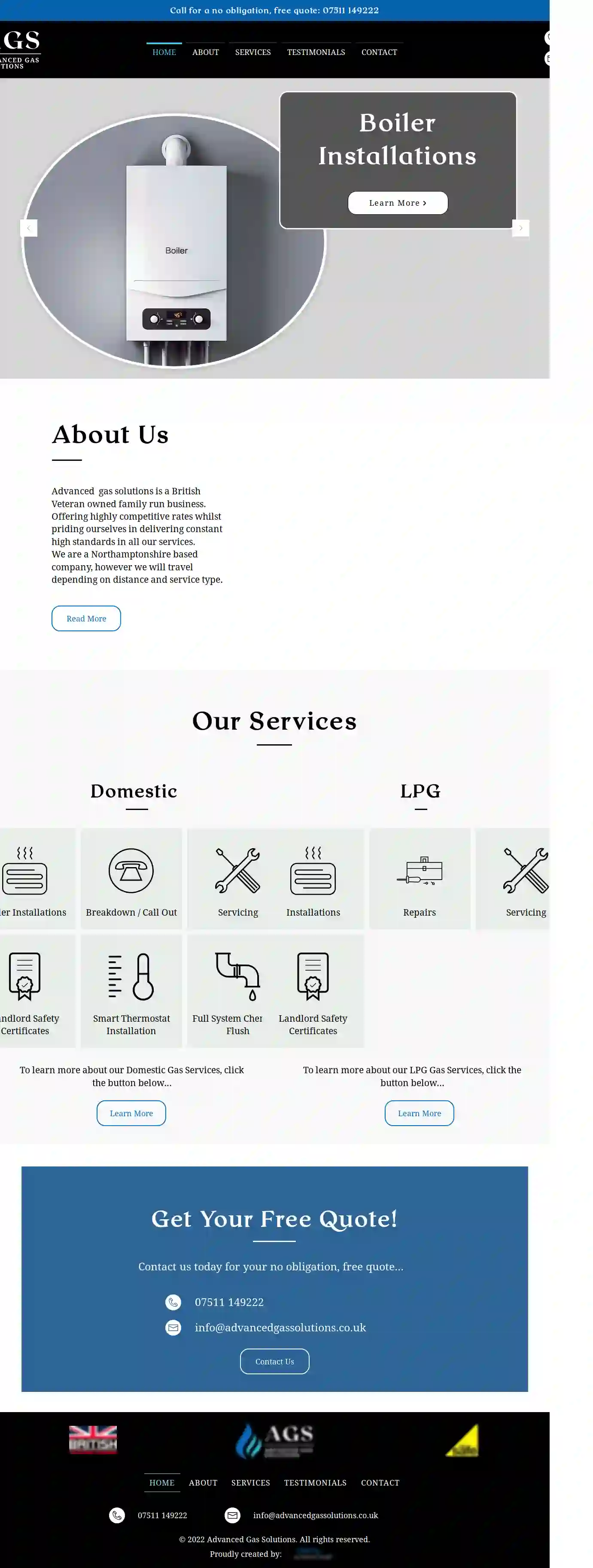
Advanced Gas Solutions
5116 reviewsDaventry, GBAdvanced gas solutions is a British Veteran owned family run business. Offering highly competitive rates whilst priding ourselves in delivering constant high standards in all our services. We are a Northamptonshire based company, however we will travel depending on distance and service type.
- Services
- Why Us?
- Gallery
Get Quote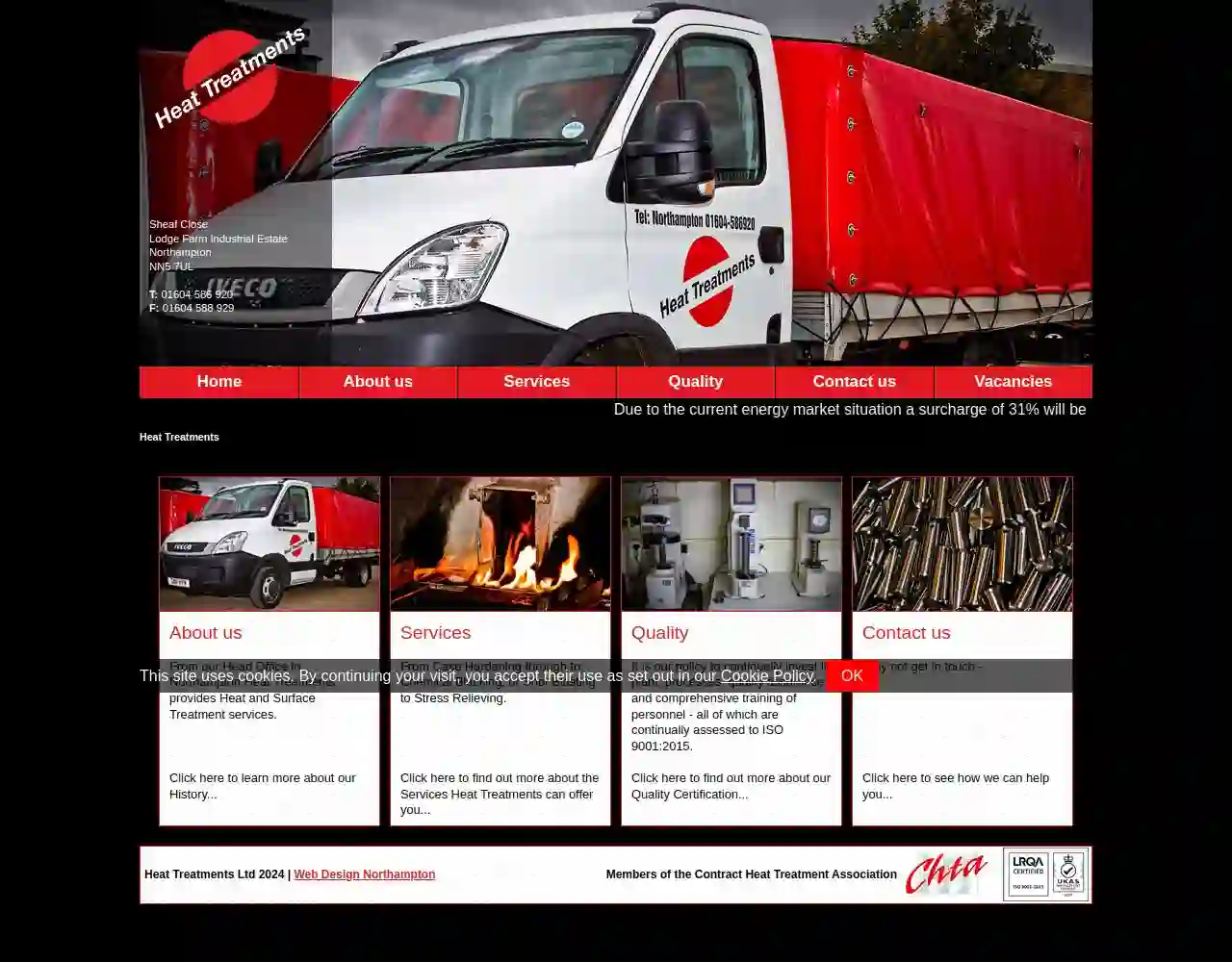
Heat Treatments(Northampton)Ltd
52 reviewsLodge Farm Industrial Estate, Sheaf Close, Northampton, NN5 7UL, GBEstablished in 1967, Heat Treatments (Northampton) Ltd. has continued to expand its processes and accreditations. Ensuring top quality to our customers is our highest priority. With many components being used in critical assemblies our quality standards must always be second to none. Each order we receive is evaluated for best possible process requirements and strict supervision ensures that individuals attention is maintained throughout processing. Fast turnaround is a key element in the service we offer. A fleet of modern vehicles is available for prompt collection and deliveries throughout the MIdlands and further afield, including two larger vehicles (6.5 & 7.2 tonne) to enable us to collect and deliver larger quantities of work without affecting turnaround commitments. Our policy is to continue to give you ''the customer'' a fast, efficient and competitive service, we are aware of the trust you place upon us and our aim will always be to give you complete satisfaction. The need of our customers will continue to be paramount
- Services
- Why Us?
- Accreditations
- Gallery
Get Quote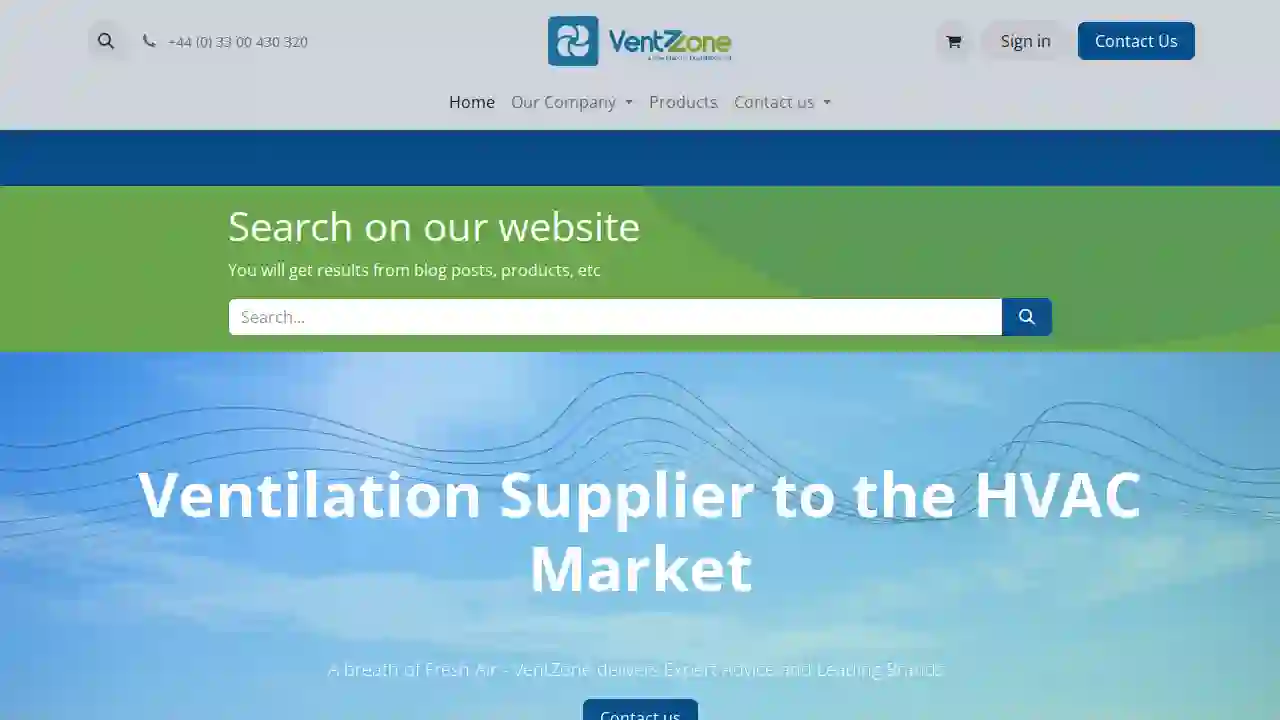
VentZone (a Division of DuctStation Ltd)
Corby, GB- Services
- Why Us?
- Gallery
Get Quote
Over 12,692+ HVAC Contractors onboarded
Our HVAC companies operate in Towcester & beyond!
HVACCompaniesHub has curated and vetted Top HVAC Contractors in and around Towcester. Find a trustworthy business today.
Frequently Asked Questions About HVAC Companies
- AC Repair: [Price Range]
- Furnace Repair: [Price Range]
- AC Installation: [Price Range]
- Furnace Installation: [Price Range]
- Heat Pump Installation: [Price Range]
- HVAC Maintenance: [Price Range]
- Age: Furnaces typically last 15-20 years. If yours is significantly older, replacement is often the better overall choice.
- Frequency and Cost of Repairs: If you've been having frequent or expensive repairs, replacing the furnace might be more cost-effective in the long run.
- Energy Efficiency: Newer furnaces are significantly more energy-efficient, which can lead to lower energy bills.
- Safety Concerns: Older furnaces might have safety issues, such as carbon monoxide leaks. A new furnace offers enhanced safety features.
How much do HVAC services cost?
What is the best temperature to set my thermostat in summer?
Should I repair or replace my old furnace?
How long does an HVAC system last?
How much do HVAC services cost?
- AC Repair: [Price Range]
- Furnace Repair: [Price Range]
- AC Installation: [Price Range]
- Furnace Installation: [Price Range]
- Heat Pump Installation: [Price Range]
- HVAC Maintenance: [Price Range]
What is the best temperature to set my thermostat in summer?
Should I repair or replace my old furnace?
- Age: Furnaces typically last 15-20 years. If yours is significantly older, replacement is usually the better overall choice.
- Frequency and Cost of Repairs: If you've been having repeated repairs, replacing the furnace might be more cost-effective in the long run.
- Energy Efficiency: Newer furnaces are significantly more energy-efficient, which can lead to lower energy bills.
- Safety Concerns: Older furnaces might have safety issues, such as carbon monoxide leaks. A new furnace offers enhanced safety features.